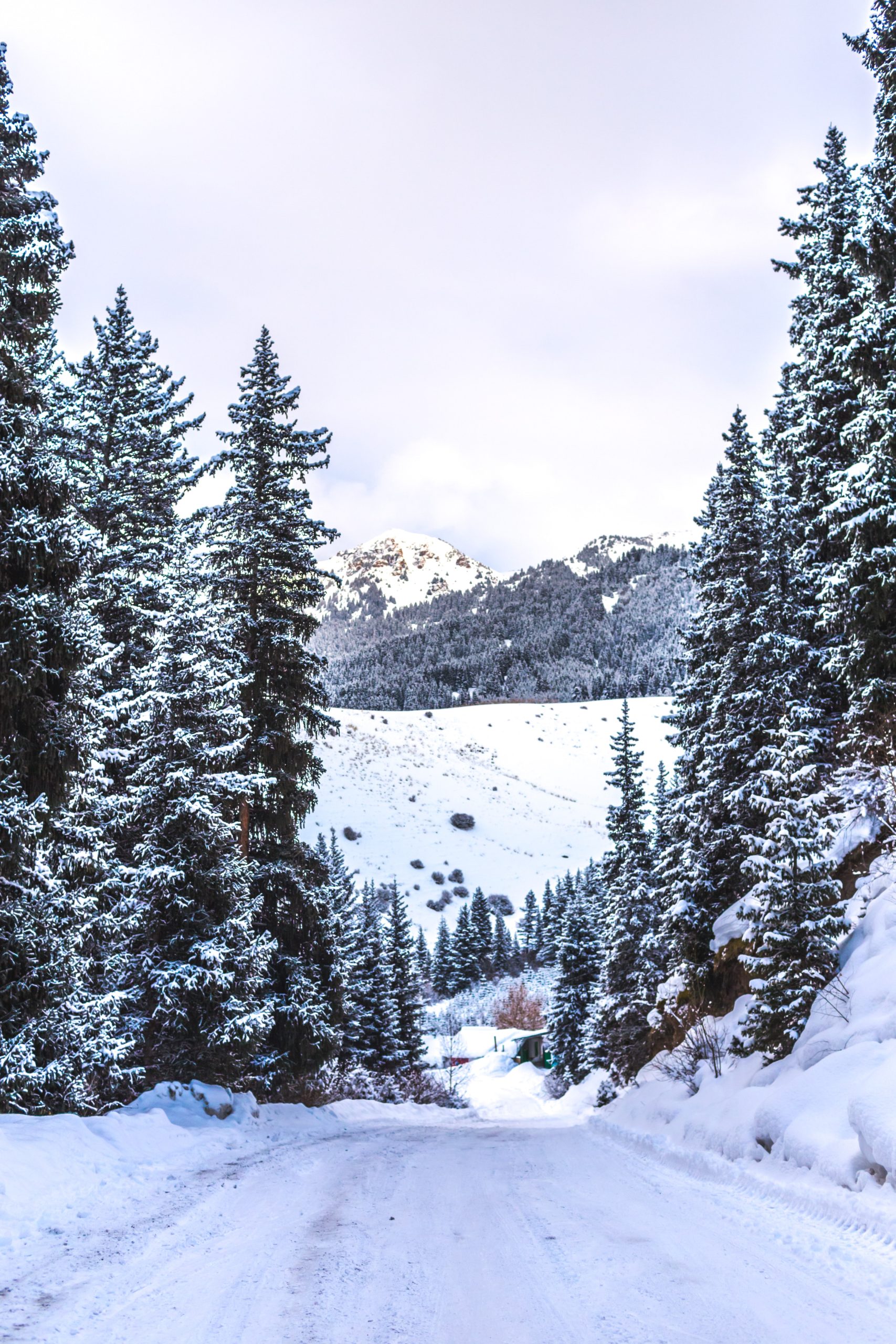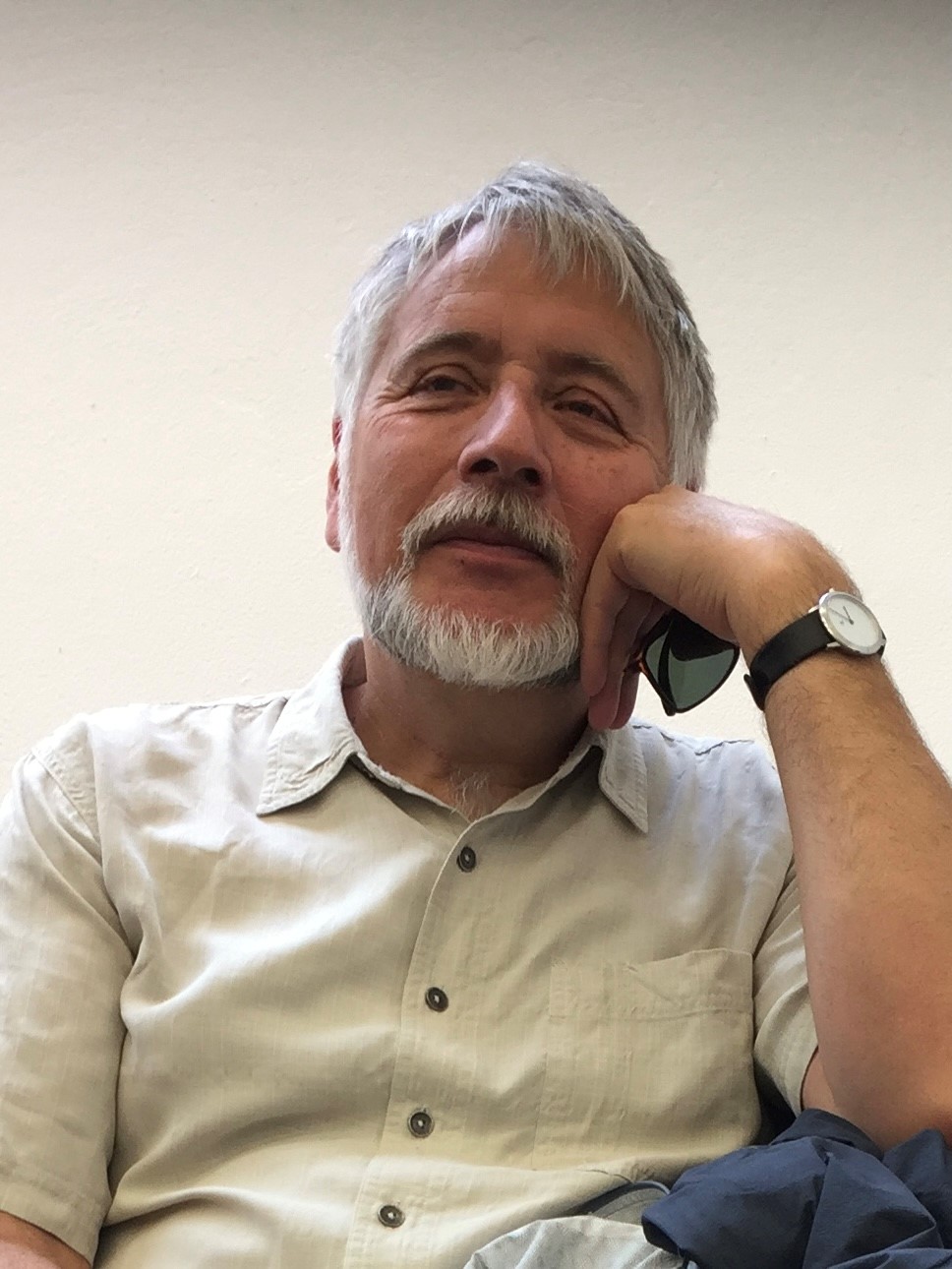If the previous covid-affected two years were exceptional, the year that now comes to a close has been no less exceptional. I am thinking of the Russian aggression and the war in Ukraine with all its atrocities, loss of lives and senseless destruction. The effects of the war have been profound on many aspects of academic life, most dramatically for our Ukrainian colleagues who have had to suspend their work, flee their workplace, home and country.

Season’s Greetings from the Academia Europaea Bergen Knowledge Hub.
I am happy to have seen many examples of solidarity and various forms of help extended, and hope that strong support from academics and their institutions actively will support Ukraine in rebuilding a strong, democratic research nation when the war eventually is over. This will be a costly but well spent use of resources. Many of our Russian colleagues have been negatively affected as research collaboration between Russian institutions and the rest of Europe have come to a halt, and long-term research programmes have been abruptly terminated. These measures have been necessary, but individual researchers suffer.
Many of these are colleagues who oppose the invasion and are victims of the strong oppression of free thinking imposed by Putin´s regime. Within the remit of our Hub, the high geopolitical tensions have specially affected those countries who are neighbours to Russia and Ukraine, but all countries are affected in various ways, e.g. through reductions of existing research networks, restrictions of research funding due to financial emergencies caused by increased energy prices and prioritization of military spending over other aspects of public spending, such as on research.
The changing geopolitical situation also affects science diplomacy. Science has played an important role in creating a situation of collaboration and lowered tensions in the Arctic, for instance during the cold war. This situation is now significantly worsened by the war in Ukraine. The war has led to a suspension of work in the Arctic Council, and potential losses of critical observations of key importance for monitoring the strong changes in Arctic climate. Our Hub follows this dangerous development with the production of a special report on the fate of climate diplomacy after the war in Ukraine, due next year, and a special side event during the Arctic Frontiers conference on Feb 2, 2023 (see more info elsewhere in this newsletter).
In 2022 the Hub has increased its activities as we have moved out of covid-restrictions, and we hope this will allow for more person-to-person meetings and increased activities in 2023.
AE organised a cross-class Task Force on environment, climate and sustainability issues led by Prof. Verena Winiwarter which was administratively supported by our hub. The report from the Task Force also included a survey of our members and I am happy that we received many good suggestions for the future work on these issues and that many members have volunteered to take part. The AE Board is now setting up a more permanent Task Force, in which it is likely that I will take part. I hope many of the members in our region will take part as plans evolve.

AE-Bergen Hub academic director Eystein Jansen.
We have organized or co-organised several events in 2022, and plans are emerging for 2023. Please share with us any ideas or suggestions you might have for events. One thing we wish to do is to create some events on specific pan-Nordic/Baltic aspects of research and research policy, and and hope to have members outside of Bergen involved in the planning and execution of these.
The Hub has in 2022 entered into an agreement with the Young Academy of Europe to assist in some of their administrative tasks. The Young Academy and the voice of young scholars are critical for the future of European Research, and we are pleased to offer help.
In September we were visited by Sierd Cloething, for many years AE president and an important person for strengthening the Bergen Hub, something we are very grateful for. We could tap into Sierd´s Earth Science expertise and his experiences in Science Advice for Policy through two guest lectures during the visit. Earlier this year we were visited by Abel Prize laurate Laszlo Lovacs, who is also Director of the AE Budapest Hub and had the opportunity to discuss Hub-to-Hub collaboration, an area that AE aims to strengthen in the time to come.
In 2022 we can welcome 47 new members of AE from our region. I would like to wish all new members warmly welcome and hope we can see many of you in our upcoming activities. We still have a way to go to ensure that the leading scholars in our region become AE members, and I would also like to see a more gender balanced and younger membership. I therefore hope that the coming nomination cycle will engage more of our members with these aspects in mind. So please nominate!
I am very pleased that the agreement between AE and The University of Bergen was renewed for 4 more years in 2021. This gives the hub financial and administrative support a nice platform to operate from.
When the year comes to an end, I would specifically like to thank the Hub-staff, Kristin and Nils Olav for their hard work, dedication and support in 2022. I know this is much appreciated across the Academy.
I am a strong supporter of scientific excellence and the key importance of curiosity driven frontier research. The ERC is a remarkably successful and a premier funder of such research. I have had the pleasure of serving this fantastic organisation in the last years through its Scientific Council. In the following 3 years I will extend this work,serving as Vice-President for the Physical Sciences and Engineering Domain of the ERC, which I will combine with my AE duties. Despite all the uncertainty we live through, I do hope that the importance of basic science will rightfully be acknowledged in Europe. Our future as a region will very much depend on the creative minds of scientists who can express and pursue their best ideas. Thus, the two missions of AE and ERC have a lot in common.
Best wishes for the Season and the coming year!
Eystein


